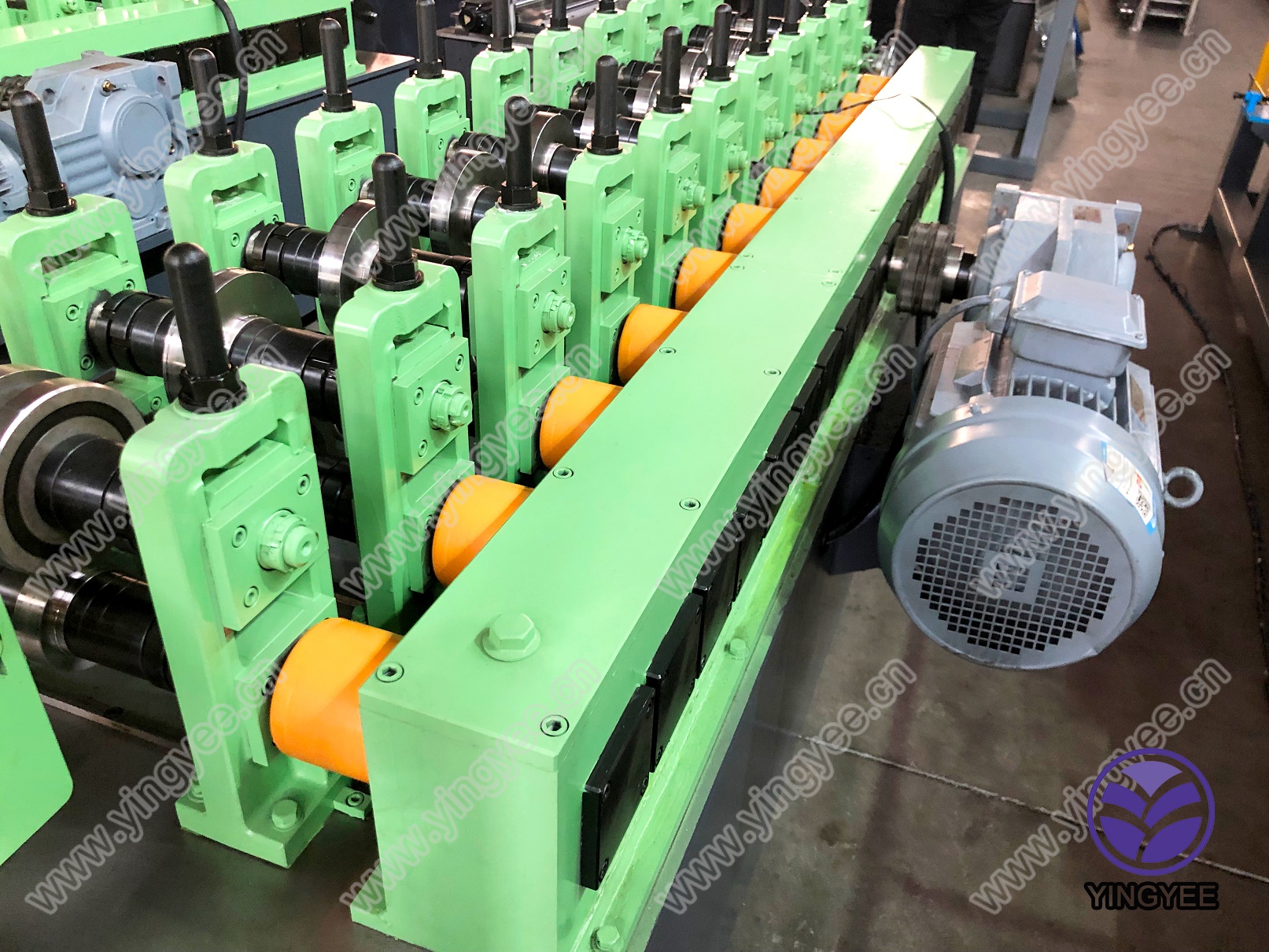
The Role of Metal Stud Roll Forming Machines in Modern Construction
In the ever-evolving landscape of modern construction, efficiency and precision are paramount. Among the key innovations that have streamlined building processes are metal stud roll forming machines. These advanced machines play a crucial role in the production of metal studs, which are essential components in framing for commercial and residential buildings.
Metal studs are increasingly favored over traditional wooden framing due to their durability, resistance to pests, and fire-retardant properties. These advantages have led to a rising demand for metal studs in various construction projects. Metal stud roll forming machines are designed to meet this demand by producing high-quality studs quickly and efficiently.
How Metal Stud Roll Forming Machines Work
The metal stud roll forming process involves feeding metal coils into the machine, where they are transformed into studs through a series of progressive forming stations. The machine utilizes rollers and dies to shape the metal into specified profiles, achieving precise dimensions and consistent quality. The process is highly automated, allowing for rapid production rates while minimizing material waste.
One of the key features of metal stud roll forming machines is their versatility. They can be adjusted to produce different sizes and profiles of studs, catering to diverse construction requirements. This flexibility makes them an invaluable asset for manufacturers who need to respond to varying project demands swiftly.
Advantages of Using Metal Stud Roll Forming Machines
The adoption of metal stud roll forming machines in construction provides several significant benefits
1. Efficiency The automated nature of these machines allows for continuous operation, which drastically reduces production times compared to traditional methods. This enables manufacturers to meet tight deadlines and fulfill large orders more effectively.

2. Cost-Effectiveness While the initial investment in a metal stud roll forming machine can be substantial, the long-term savings are considerable. Reduced labor costs, decreased material waste, and lower transportation expenses contribute to overall cost efficiency.
3. Quality Control These machines produce highly uniform products, ensuring that the metal studs meet stringent quality standards. The precision of roll forming minimizes variations, leading to better structural integrity in construction projects.
4. Sustainability As the construction industry increasingly focuses on sustainability, metal stud roll forming machines are an eco-friendly choice. Metal studs are recyclable, and the production process generates less waste compared to traditional wood framing methods.
The Future of Metal Stud Roll Forming Technology
With advancements in technology, the future of metal stud roll forming machines looks promising. Innovations such as computerized controls and enhanced sensor systems are making these machines smarter and more efficient. Moreover, developments in materials science are opening doors for stronger and lighter metals, further improving the performance of metal studs.
As sustainability becomes a priority in the construction industry, the demand for metal studs and the machines that produce them is anticipated to grow. Manufacturers investing in modern roll forming technologies will likely gain a competitive edge in the marketplace.
Conclusion
Metal stud roll forming machines are revolutionizing the construction industry by enhancing the efficiency and quality of metal stud production. Their ability to produce durable, lightweight, and fire-resistant framing materials positions them as a vital component in modern construction practices. As technology advances and the demand for sustainable building materials increases, these machines are expected to play an even more significant role in shaping the future of construction.